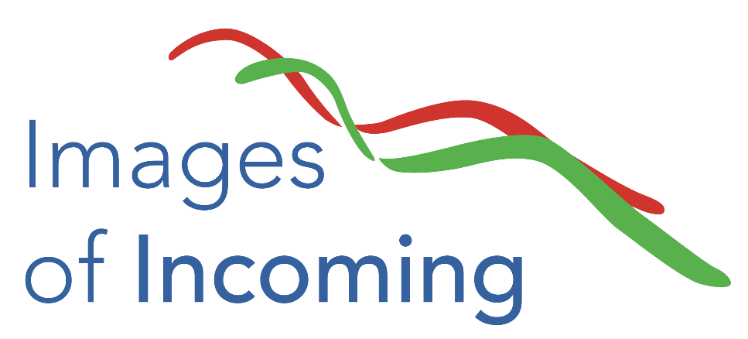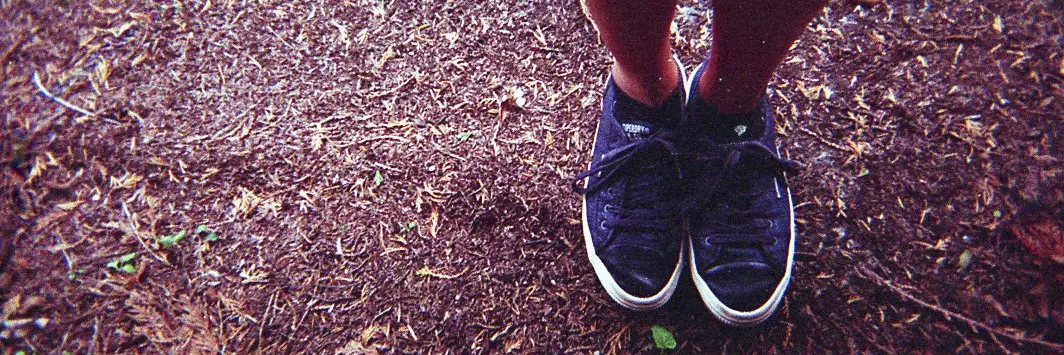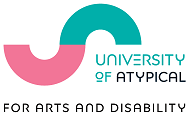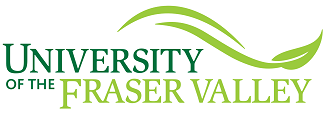Next Steps
We asked participants and facilitators if they have any suggestions for future projects they would like to work on.
In particular, we asked them what needs to be done to address the needs and aspirations voiced through this project.
This participant also argued that the most important thing was to ‘be taken seriously by the lawmakers’.
This participant added that the existing parks could be made more friendly, for example through having more cultural fairs and festivals so that migrant people could connect to the wider community.
Some of our participants thought there was potential also in literature and creative writing. This participant also said: 'There is a story about the India-Pakistan border, which might have relevance in Northern Ireland [because there is a border], but it is in Urdu. Maybe we have something to share'.
This participant explained that such a collection should include also 'funny stories, because you don’t understand the culture’. She suggested that it would be a useful tool for new incomers, helping them to recognise some of the same problems.
This participant pointed out that, by doing so, women could have a a ‘carrefour’ or crossroads where they could talk to each other informally if they needed advice or wanted to share new information.
Some of our participants appealed for practical outcomes. One of them, from the Dungannon group, noted that one outcome of future projects could be to make better known the First Steps Women Centre as a resource for migrant women.
This participant also pointed out the need for qualifications conversion and bridging courses.
One participant observed that there needed to be more engagement between formal education and communities. In terms of awareness, three of our participants felt that addressing the poor availability of food, cultural products and costumes would be to meet an important cultural need.
This is the question that Huda, one of the Canadian facilitators, suggested that the organisers ask participants in this and future projects.
Dr Federica Ferrieri, the project coordinator in Northern Ireland, believes that the project should be repeated on a yearly basis to create a longer-term perspective of continuity with participants, to secure a safe space where women can continue to share their lived experience and ask stakeholders to act on the project findings, year after year, to reflect a society that is nowadays based on many, many more colours than just two.
Sarah-Ann, another Canadian facilitator, observed that this would support education and opportunities for migrant women.
Canadian facilitator Serrah finds that the project would work best if delivered in person, rather than online.



